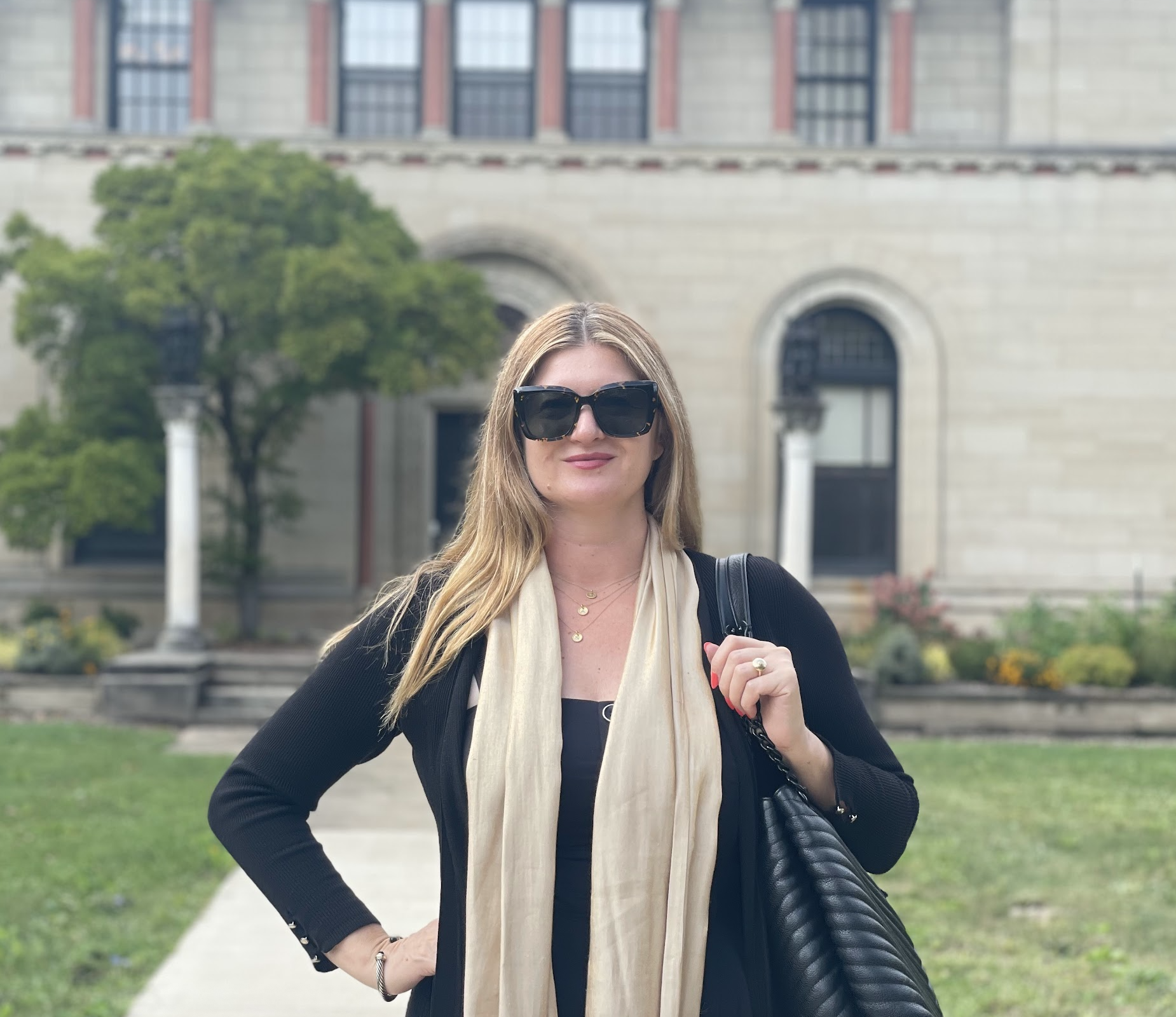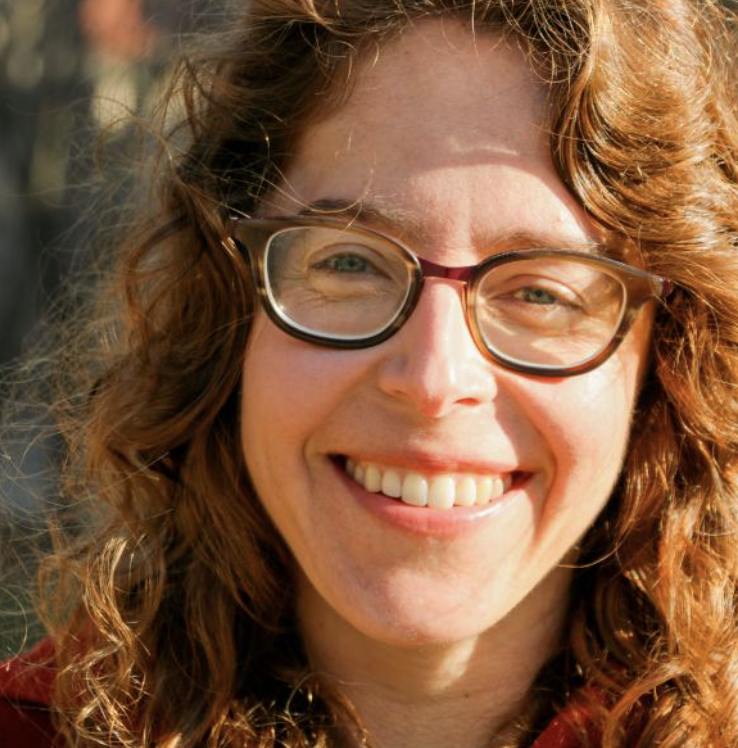
STUDENTS WANT TO BE INSPIRED, CHALLENGED & GIVEN SOMETHING MEMORABLE
I’ve led guest lectures and generative workshops at UChicago, Oberlin, Lake Forest College & Columbia College Chicago, amongst others. None of the students in these elite learning establishments lacked for skill or talent— their talent was what had gotten them there, after all — but what they needed was to find their authentic voice, and the confidence to write in that voice.
And that’s what my high school classroom workshops do — we work with paper and pencil, never on a computer, and we go from a blank page to a topic bank to a beat-by-beat outline to several revisions until we have an authentic, effective piece of personal narrative.
Get in touch so we can discuss how I can tailor my group workshops to your classroom.
“I invited Izidora to Oberlin to visit my translation workshop, speak about her work, which is on my syllabus, and meet with my students. She shared a short biographical film and engaged with the students in a thought-provoking way, inspiring them to produce excellent writing throughout the semester."
Stiliana Milkova, Professor of Comparative Literature, Oberlin College
"I'm fortunate to teach one of Izidora's translations on my syllabus for a course on contemporary international literature at the University of Chicago, where I have invited her more than once to speak with my students about her work. I've found Izidora's candor to be a real asset in connecting with undergraduates, and her experience translating from a minority language makes her exceptionally well-professionalized to advise emerging writers and translators on the realities of the global literary marketplace."
Annie Janusch, Lecturer, University of Chicago
I included two of Izidora's translations and some of her personal essays in a course I thought at UChicago. After reading and discussing the works and finding out she lived in Chicago, the students expressed interest in having a conversation with Izidora about her work. Izidora presented on the process of translation as a type of active listening, and she discussed the art of finding one's voice and making sense of one's own path through the act of writing and engaging with the reader. The students in the class went on to write excellent essays about the readings and about their experiences in encountering cultural difference through these texts.
Angelina Ilieva, Instructional Professor, Department of Slavic Languages and Literatures, University of Chicago


